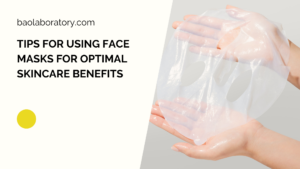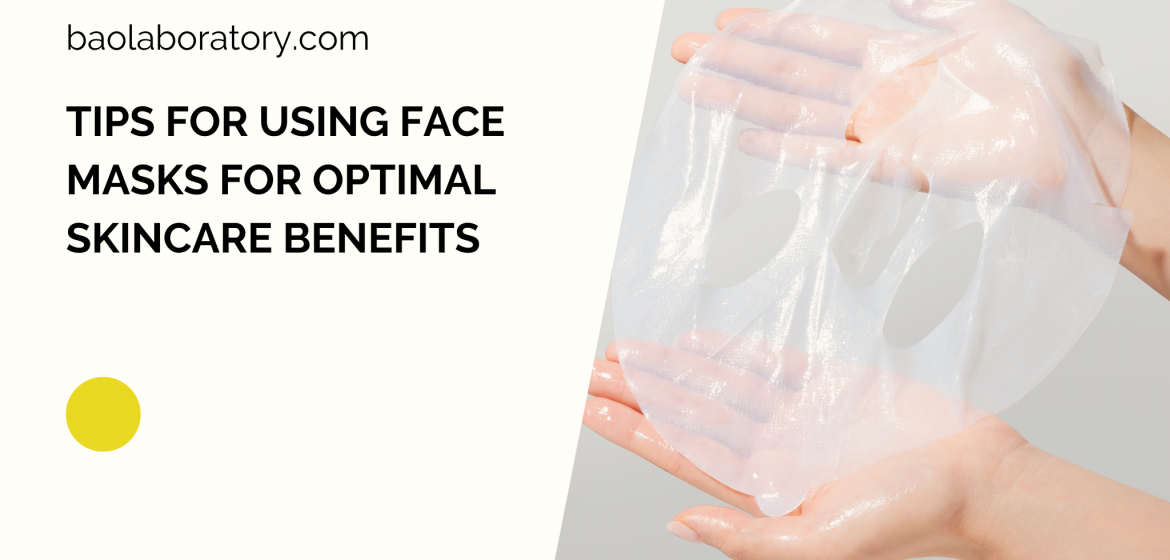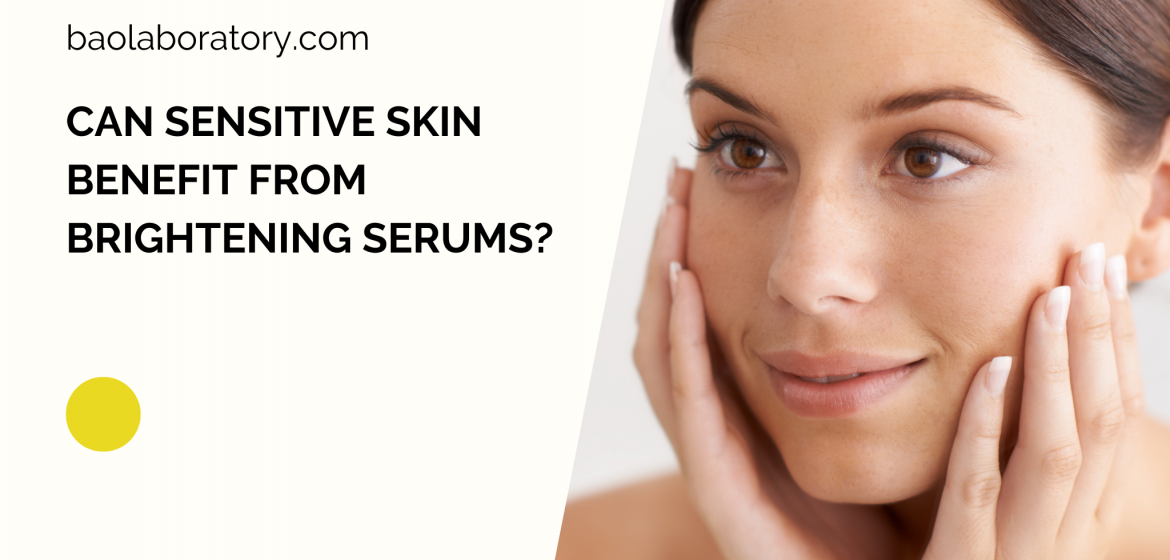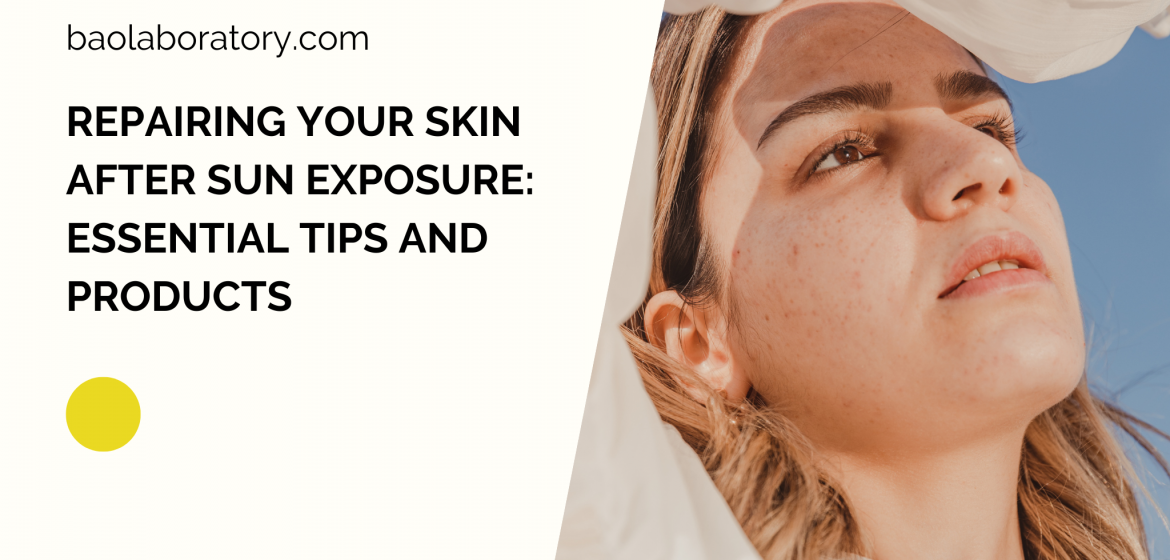
- Home
- /
- Skin Solutions
- /
- How to Take Care of Your Skin After Sun Exposure?
How to Take Care of Your Skin After Sun Exposure?
Cool down: Start by cooling down your skin to reduce inflammation and soothe any discomfort.
Hydrate: Sun exposure can dehydrate your skin, so it’s crucial to replenish the lost moisture. Drink plenty of water to hydrate your body from within, and use a hydrating facial mist or aloe vera gel to soothe and moisturize your skin externally.
Moisturize: Apply a gentle, moisturizing lotion or cream to your entire body. Look for products that contain ingredients like aloe vera, cucumber, chamomile, or hyaluronic acid, as these can help calm and nourish your skin. Avoid heavy or fragranced products that may irritate the skin further.
Avoid irritants: After sun exposure, it’s best to avoid further irritating your skin. Skip using harsh soaps, scrubs, or exfoliants that can worsen the sunburn. Also, avoid wearing tight or rough clothing that may rub against the affected areas.
Protect your skin: Even after sun exposure, it’s crucial to continue protecting your skin from further damage. Wear loose, lightweight clothing that covers the affected areas, and if you need to be in the sun, use a broad-spectrum sunscreen with a high SPF to shield your skin from harmful UV rays.
Does hyaluronic acid help with sun damage?
Hydration: Sun exposure can deplete the skin’s moisture levels, leading to dryness and a compromised skin barrier. Hyaluronic acid is a humectant, meaning it attracts and holds onto water molecules, helping to increase hydration in the skin. By replenishing moisture, hyaluronic acid can contribute to improving the overall appearance and texture of sun-damaged skin.
Plumping and firming: Sun damage can accelerate the breakdown of collagen and elastin fibers in the skin, leading to wrinkles, fine lines, and loss of elasticity. Hyaluronic acid has a plumping effect on the skin, as it retains water and helps to temporarily fill in lines and wrinkles. This can result in a smoother, more youthful appearance.
Soothing and calming: Sunburned skin can be red, inflamed, and sensitive. Hyaluronic acid has soothing properties that can help calm and reduce inflammation in the skin. Its lightweight and non-greasy texture makes it suitable for sensitive or irritated skin.









